Mentoring Code of Conduct
Introduction
The Plan C Mentoring Program’s Code of Conduct is for the benefit and protection of mentors, mentees and graduate mentees, past and present. The Code outlines the expectations of participating in this Program in an ethical manner where mentors and mentees shall always maintain professional standards of behaviour.
Plan C’s staff, contractors, volunteers, mentors, and mentees have the right to be free from harassment, discrimination and violence in any activities relating to the Plan C Mentoring Program.
As a Plan C Mentoring Program mentor and/or mentee, I understand and agree to:
Equity and diversity
Plan C actively promotes equal opportunity in all aspects of its activities through strategic initiatives and by eliminating unlawful direct and indirect discrimination and harassment.
Plan C’s policy is interpreted to include all attributes protected by federal and state anti-discrimination legislation.
Discrimination or any form of unequal treatment is against Australian laws, whether imposing extra burdens or denying benefits. It may be intentional or unintentional. It may involve direct actions that are discriminatory, or it may involve rules, practices or procedures that appear neutral, but disadvantage certain groups of people.
Discrimination may take obvious forms, or it may happen in very subtle ways. Even if many factors are affecting a decision or action if discrimination is one factor that is a violation of this agreement.
In NSW, if a voluntary body provides services to the community, it must do so in a non-discriminatory manner. This means that it cannot refuse to provide services to a person or group of people because of their age, race, sex, pregnancy, breastfeeding, marital or domestic status, homosexuality, transgender status or disability. In addition, these things must not influence the type of service it provides or the manner in which the service is provided.
Harassment means a course of comments or actions that are known or ought reasonably to be known to be unwelcome. It can involve words or actions that are known or should be known to be offensive, demeaning, embarrassing, humiliating or unwelcome.
Harassment can occur based on any of the grounds of discrimination.
If a person does not explicitly object to harassing behaviour or appears to be going along with it, this does not mean that the behaviour is acceptable. The behaviour could still be considered harassment under the law.
Plan C will not tolerate any form of harassment, discrimination, or violence by or against any staff member, contractor, volunteer, mentor, or mentee. If a mentor or a mentee engages in behaviour that is deemed to be harassment, discrimination or violence, Plan C may, in its sole discretion, reject an application or immediately remove any persons from Plan C’s programs.
If you feel that anyone involved in the Plan C Mentoring Program is behaving inappropriately towards you, or in a way not consistent with this policy, please bring your concern to the attention of the Plan C Mentoring Program staff immediately, even if you are unsure or do not wish to make a formal complaint. All disclosures made to Plan C Mentoring Program staff will be heard in confidence, responded to swiftly and treated seriously.
Confidentiality and personal information
Mentors and mentees always agree to maintain strict confidentiality over information organised in their respective roles with the Plan C Mentoring Program. Mentors and mentees agree that all matters discussed, or issues addressed in the mentoring relationship will be kept confidential unless otherwise agreed by both the mentor and the mentee.
Conflict of interest
Mentors and mentees agree to disclose to each other and the Plan C Mentoring Program any conflict of interest or potential conflict of interest relating to the mentoring relationship. Please contact the Plan C Mentoring Programs staff immediately, if you are unsure.
Collection, use and disclosure of personal information
The personal information collected by the Plan C Mentoring Programs is collected only for the effective delivery of the Program. Information is collected to determine program eligibility; matching mentors and mentees; statistical reporting; outcomes follow up and evaluation.

